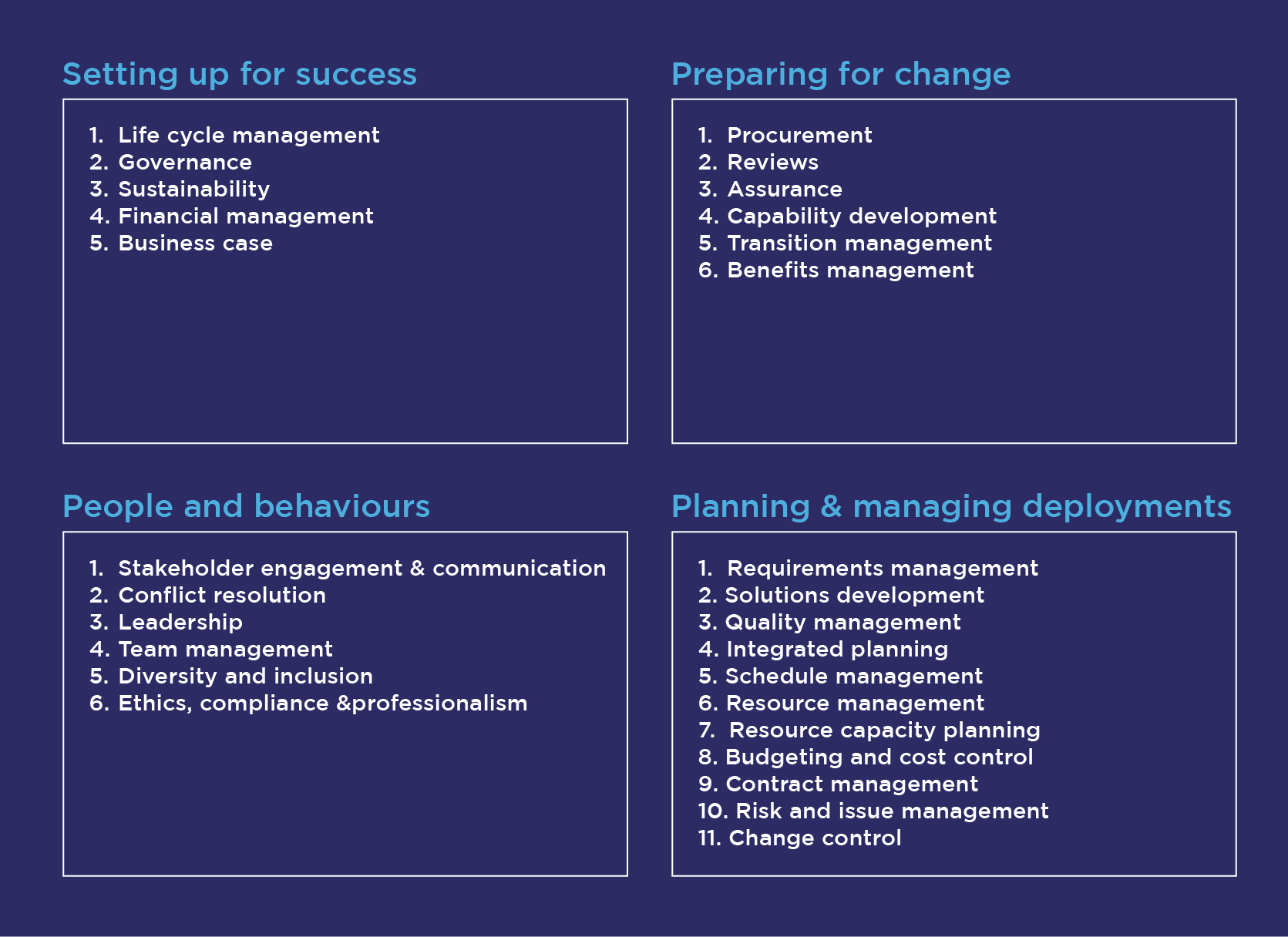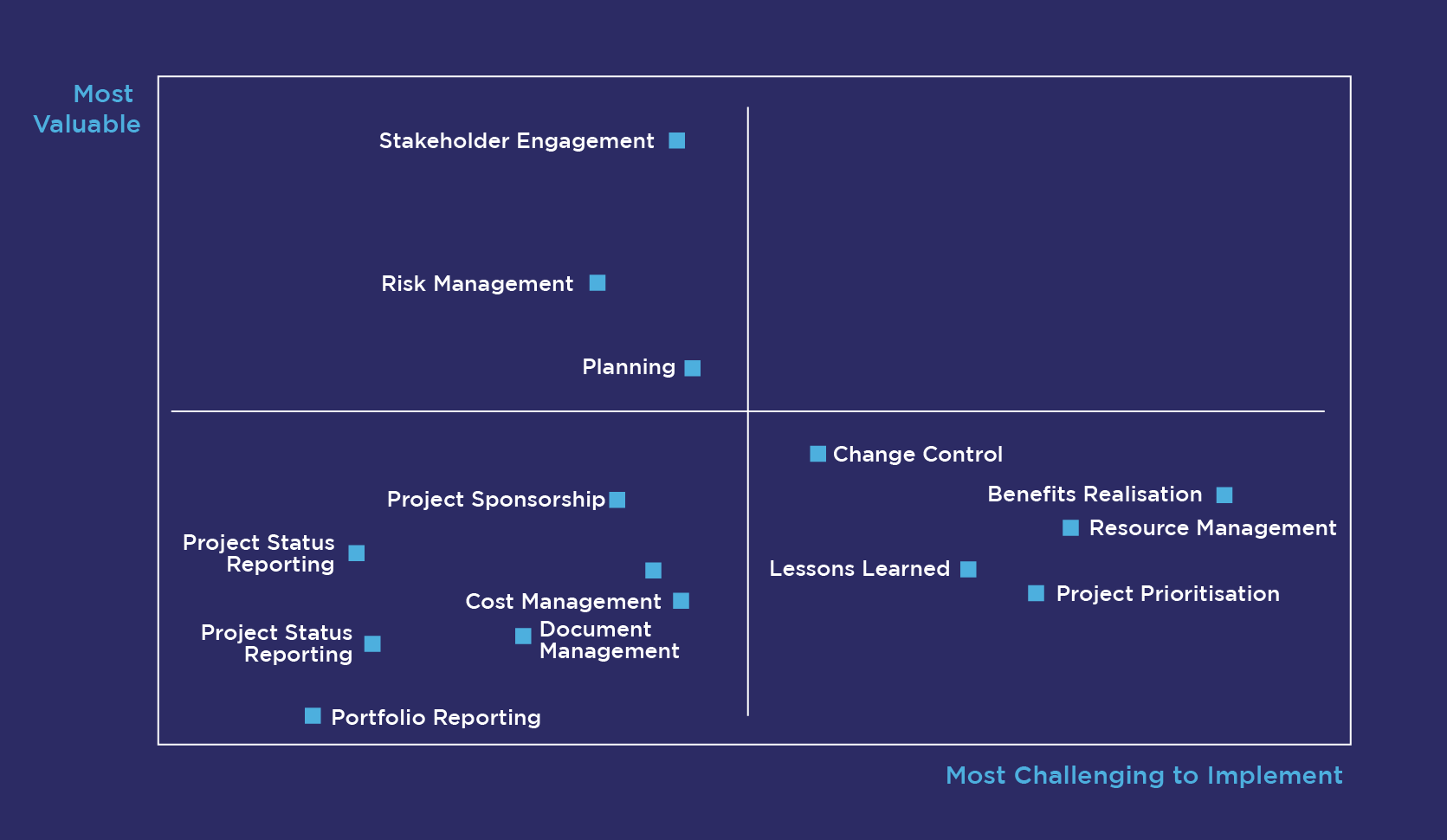Our website is not supported on this browser
The browser you are using (Internet Explorer) cannot display our content.
Please come back on a more recent browser to have the best experience possible

Very often when we talk about Artificial Intelligence (AI) there are two questions being asked: “Will I still have a job?”, and “Is AI taking over?”.
For many, the preconceived notions we have of AI are often derived from films. AI is often a human-like machine in some way conflicting with humanity.
Our understanding of AI is heavily skewed as a result. AI is a cluster of code, sometimes quite complex, that is designed to perform one specific task. For example, predicting the likelihood of cancer from a scan, or translating speech. However, an AI cannot learn any other task beyond that. This is what sets us humans apart from Artificial Intelligence.
A human can acquire proficiency in a variety of tasks, learn multiple languages, sports, instruments etc. An AI will only be able to focus on a single task. It does so with great proficiency, sometimes better than a human, but it will only ever be able to perform that specified task, or one task. Therefore, an AI focusing on cancer detection, could never be used as a universal translation tool and vice versa.
When I see presentations about AI for project management, presenters often focus on a statement made by Gartner in 2019 that “80% of project management tasks will be automated by 2030.” It is considered the burning platform upon which AI companies are trying to rally the project profession behind AI. Understandably, using this as the anchor for conversation can drive anxiety.

Using AI, is not just about cost saving, taking out effort, or potentially driving redundancy. There is a profound opportunity to move our profession forward and upwards in terms of what it can achieve for the client we service. The future of AI is giving us the ability to
Even with the use of today’s technologies, it becomes increasingly difficult to keep up with all the work that is required of a project team. The Association for Project Management (APM) Competence Management Framework describes 29 competences based around outcomes that project professionals need to achieve.

On smaller projects, you often find few people can span across multiple competence areas. Therefore, it becomes very difficult to keep up with the volume of work, or we sacrifice quality for quantity.
On larger programmes, where budget is available to resource a project organisation and there are dedicated teams for each competence, we run the risk of developing silos and losing track of the relationships between them. For example, understanding the impact of risks on schedule, cost, contingency, supplier performance, etc.
AI can help us drive automation in both, and the chart below shows the level of automation for project management that AI can offer in the future.
Some capabilities have the potential to be fully replaced by AI. In many, AI will provide support to various degrees and some will remain mostly in human hands. True AI power, however, lies in managing the relationships between those capabilities and managing their integration.
Wellingtone conducted a State of Project Management report on which tools provide the most value vs the difficulty to implementation. Not surprising, benefits management and resource management are seen as being difficult to implement and don’t provide value. They are currently seen as not providing value because they are so difficult to implement and so labour intensive to maintain.

The ability to tangibly demonstrate the impact your change is having on the organisation is a powerful tool, and where it has been implemented, it can have a profound effect on shifting the hearts and minds of an organisation. Equally, the ability to manage the capacity of the people and clearly manage roles and responsibilities at a granular level does wonders to team morale, effectiveness and productivity.
70% of organisations have suffered at least one project failure in the prior 12 months. Despite the massive strides that we have made in maturing our profession, this number has remained broadly unchanged for the last 15 years. If we look at audit reports from large government programmes, we see repeating patterns of why projects fail. These include:
We continuously balance the need for customer and people focus, with more technical skills such as risk management or scheduling. In order to succeed, we need to focus on a broad range of capabilities, which diverts our attention away from cultivating deeper relationships. Being customer focused and managing change (i.e. moving an organisation on a change journey) remain afterthoughts on many projects. By using AI to assist with more technical activities, we will be able to focus more on:
Building a PPM AI capability is not a quick fix for failing projects. Senior leadership needs to acknowledge that portfolio, programme and change management are no longer technical skills, but rather strategic competencies that organisations need in order to constantly adapt to a changing environment and take advantage of new opportunities. For businesses and governments to scale bigger, adapt faster, and target funding more effectively, building AI capability becomes a long-term strategic investment.
This article was written by Alex Constantine.
More on the same subject
Loved what you just read?
Let's stay in touch.
No spam, only great things to read in our newsletter.
We combine our expertise with a fine knowledge of the industry to deliver high-value project management services.
MIGSO-PCUBED is part of the ALTEN group.
Find us around the world
Australia – Canada – France – Germany – Italy – Mexico – The Netherlands – Portugal – Romania – South East Asia – Spain – Switzerland – United Kingdom – United States
© 2024 MIGSO-PCUBED. All rights reserved | Legal information | Privacy Policy | Cookie Settings | Intranet
Perfect jobs also result from great environments : the team, its culture and energy.
So tell us more about you : who you are, your project, your ambitions,
and let’s find your next step together.
Dear candidates, please note that you will only be contacted via email from the following domain: migso-pcubed.com. Please remain vigilant and ensure that you interact exclusively with our official websites. The MIGSO-PCUBED Team
Choose your language
Our website is not supported on this browser
The browser you are using (Internet Explorer) cannot display our content.
Please come back on a more recent browser to have the best experience possible
